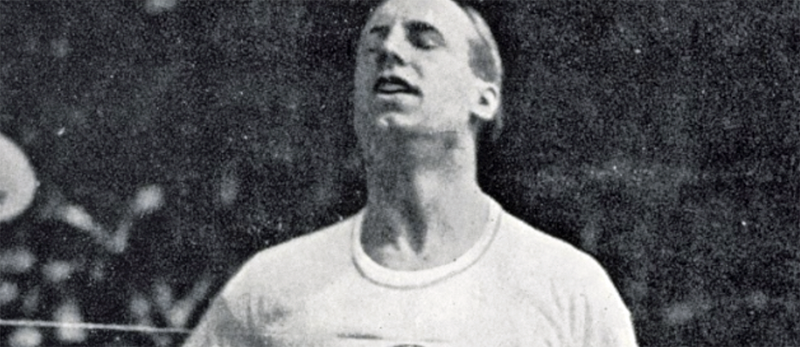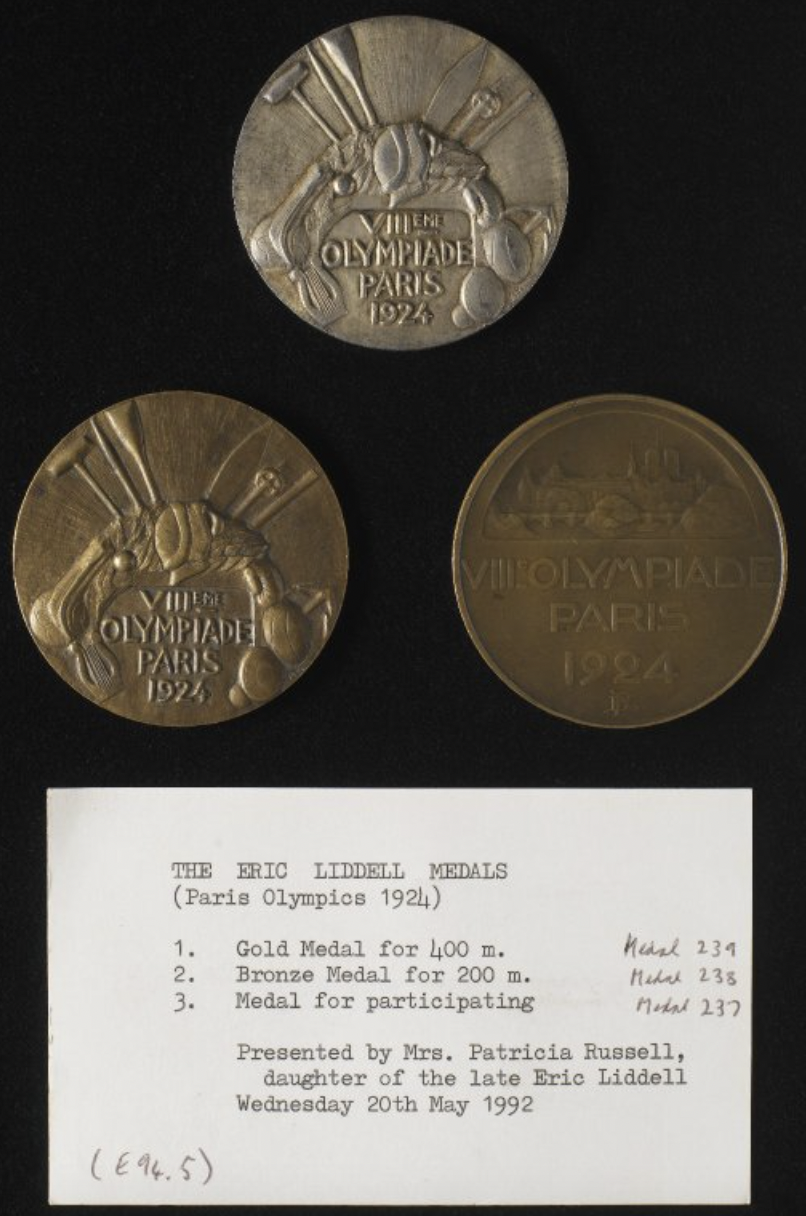By Charles Gardner —
I have just been sent a Daily Express newspaper cutting dated June 9, 1967, full of smiling faces as Israel swept to victory in the Six-Day War.
Described as “pictures of victory…of a people happy to be in complete control – for the first time in nearly 2,000 years – of the city which contains their lost sacred relics”.
Even the captured Jordanian soldiers managed a smile, as one photo shows.
The restoration of Jewish sovereignty, promised in the ancient Scriptures, had clearly been won through God’s miraculous intervention, as the tiny new nation (just 19 years old) successfully overcame the might of the surrounding Arab armies.
I so well remember similar photos in the Port Elizabeth-based Eastern Province Herald I read in our house common room during my last year at my South African boarding school. Though I didn’t fully understand it then, I somehow knew it was hugely significant – a modern victory of David over Goliath. And one we expect to be repeated today, as God has not forsaken Israel.
Wind the clock back a further 43 years – to the Paris Olympics 100 years ago – when British athlete Eric Liddell secured victory for God over the pressure of influential authority figures, including the Prince of Wales, who wanted him to deny his conscience by abandoning his plans to withdraw from his favored race, the 100 metres, because the heats were being held on a Sunday, which he considered a Sabbath sacred to God.
Fortunately a colleague, Lord Andrew Lindsay, graciously sacrificed his own place in the 400m final – he had already won silver in the hurdles – so that Eric could compete.
He duly won a courageous race in a world record time after an American rival handed him a piece of paper reminding him of the Scripture that “He who honors me, I will honor” (1 Samuel 2:30).

Amidst so much vacuous virtue-signaling from activists, sportsmen and celebrities these days, Liddell’s brave stand for integrity, decency and dedication to God continues to inspire. And the 1981 movie Chariots of Fire is a wonderful testament to his courage.
The film isn’t just about Liddell, however, but also focuses on his team-mate and arch-rival Harold Abrahams, a Jewish student at Cambridge for whom running appeared to be an end in itself rather than a means of praising God as in Eric’s case.
Abrahams clearly had something to prove, with prejudice against his people probably part of the picture (as my Jewish grandmother experienced this at the time).
Harold duly won gold in the 100m, but inevitably fell into a state of despondency afterwards. Had he been forced to justify his entire existence in that ten-second sprint?
Unlike Liddell, he lacked contentment. “I am 24, and I’ve never known it,” his character confesses in the film.
But Liddell believed his sporting talent was a gift from God who “made me fast, and when I run, I feel his pleasure”.
Nevertheless, his security, contentment and joy was not dependent on the outcome of a race. The so-called Flying Scotsman, who also played rugby for Scotland, went on to be a missionary to China where he sadly died in a Japanese prisoner-of-war camp during World War II.
That, too, is an inspiring story, despite his premature death, as he sought to keep up the spirits of fellow inmates through his love and service for Jesus.
 Another memorable line from Chariots of Fire is that “compromise is the language of the devil”.
Another memorable line from Chariots of Fire is that “compromise is the language of the devil”.
In today’s world, where so much orthodox Christianity has been watered down, we desperately need to recapture the spirit of men like Liddell.
And the question of the Sabbath, no longer widely regarded as important, is in fact still a big issue. It’s just that we (in Britain and the West) have become so used to ignoring it, like the frog in the slowly boiling pot.
Keeping the Sabbath is still the fourth of the Ten Commandments. But since Sunday trading was legalized in Britain, we have been inexorably sliding down the slippery slope of immorality and degradation.
May we, like Liddell, seek God’s purposes in our lives above all else and, with Holy Spirit fire, challenge the empty woke dogma of a world out of kilter with its Maker.



